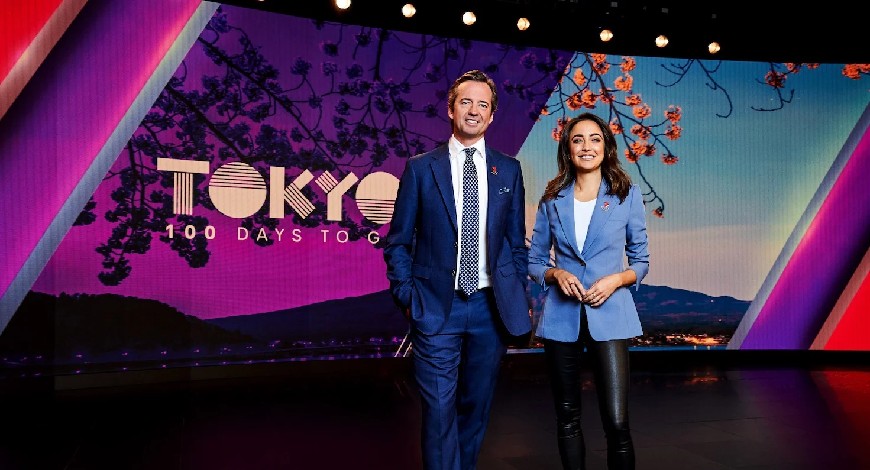Trends
Olympic broadcast bet pays off for some

S
even Network’s coverage of the Tokyo Games is now the biggest television and streaming event in Australian history, however not all worldwide broadcast partners had such success.
From the Opening Ceremony on Friday 23 July to Sunday’s Closing Ceremony, 20.2 million Australians watched Seven’s live, free and exclusive broadcast of Tokyo 2020.
Over the 17 days, the average full-day broadcast audience was up 80% from the 2016 Rio Games in the capital cities and up 71% as a nation.
Seven’s prime time commercial free-to-air network share across the first week of the Games was 60.3%, increasing to 61.9% across week two, and in week 32 of the OzTAM survey year, Seven Network recorded the biggest prime time commercial share (62.7%) for any network in total people.
The success followed over to Seven’s partner channels, as 7mate recorded an 11.1% commercial share across Tokyo 2020, making it the #1 multichannel and the #3 free-to-air commercial channel.
7plus also set new Australian streaming records during the competition, with more than 4.74 billion minutes watched on the platform, making it the biggest digital event in Australian history.
On 25 July, 7plus delivered the biggest day of streaming in Australian television history with 376 million minutes, easily exceeding the previous record of 86 million (held by the State of Origin rugby league match day this year) and 10 times more than the biggest day recorded for Rio 2016.
Seven West Media’s chief revenue officer and director of Olympics, Kurt Burnette, said: “We came into the Games confident Tokyo 2020 would be a success, but the record-breaking reaction from audiences exceeded all expectations.”
“For the brands involved with delivering the Games across the screens of Seven, it represented the largest and most addressable marketing platform ever created.
“The success of our innovative coverage is testament to the incredible people we have behind the scenes and on-screen bringing must-watch moments to viewers.
From our exceptional hosts and commentary teams to the excellent production and operations teams across broadcast and digital, everyone worked together to deliver a world-class experience,” he said.
Australian sports broadcaster, Bruce McAveney, added, “Notwithstanding the wonderment of the Tokyo Games actually going ahead, in terms of performances, they are arguably the most memorable Olympics of my lifetime on foreign soil.”
However, it’s not all good news for broadcast partners, with NBC Universal’s final viewership figures revealing some less exciting numbers.
The average primetime viewership each night across all its platforms (online, cable, and network), was 15.5 million people, down from an average of 26.7 million viewers for the Rio Games in 2016, a 42% drop.
Similarly, just 150 million Americans watched the games, compared to 198 million who saw the events in Rio.
Although NBC insists in its press materials that the Tokyo Olympics was still the largest media event in history, with viewers streaming a record 5.5 billion minutes of events across social media and online platforms.
NBC Universal television and streaming chairman, Mark Lazarus, said: “No single property has a greater positive effect on our company,”
“Our Olympic presentation has provided unmatched promotion,” he said.
It is unconfirmed whether Seven Network will renew their broadcasting partnership for the 2024 Games, unlike NBC who has secured rights until at least 2032. Ministry of Sport






You must be logged in to post a comment Login